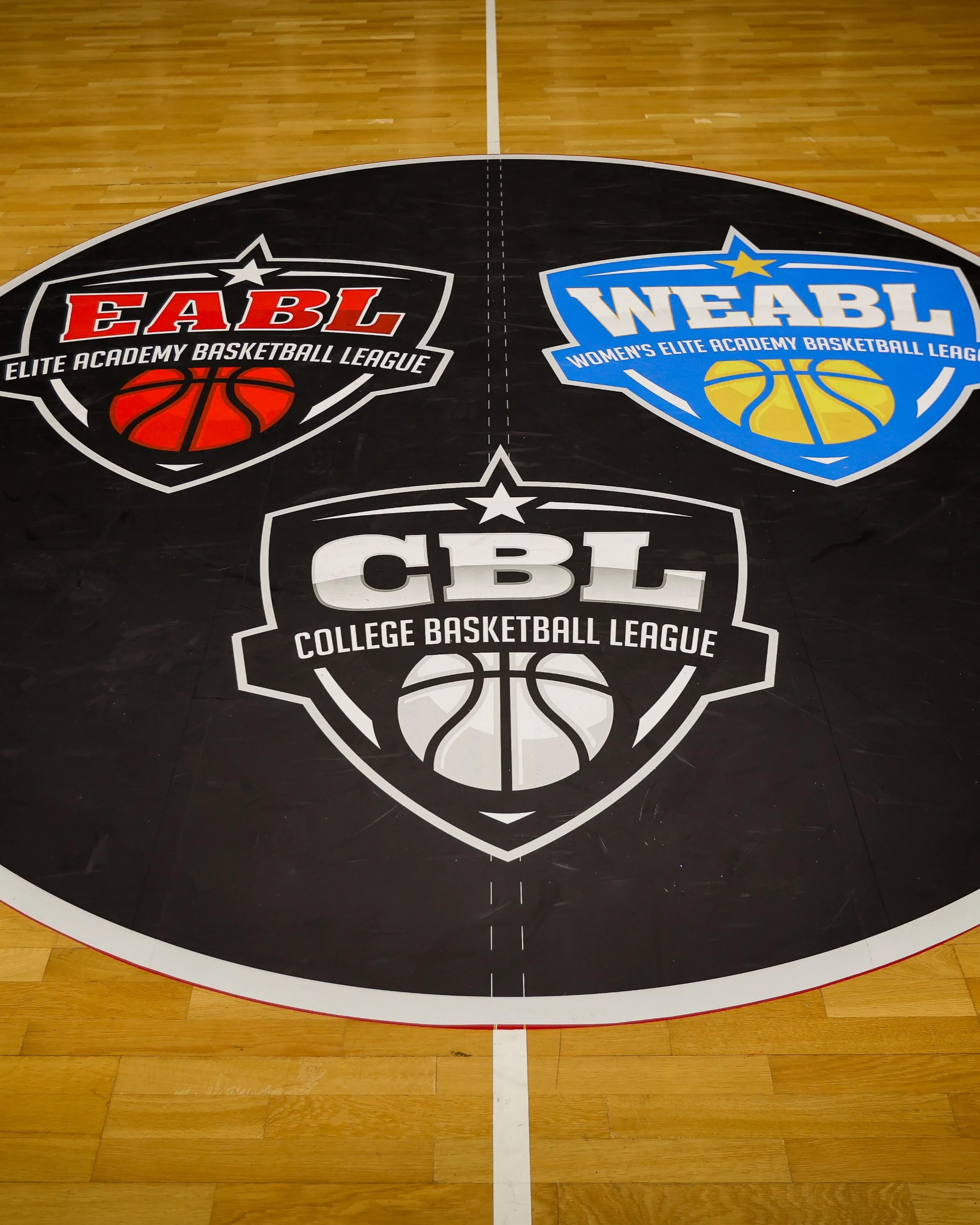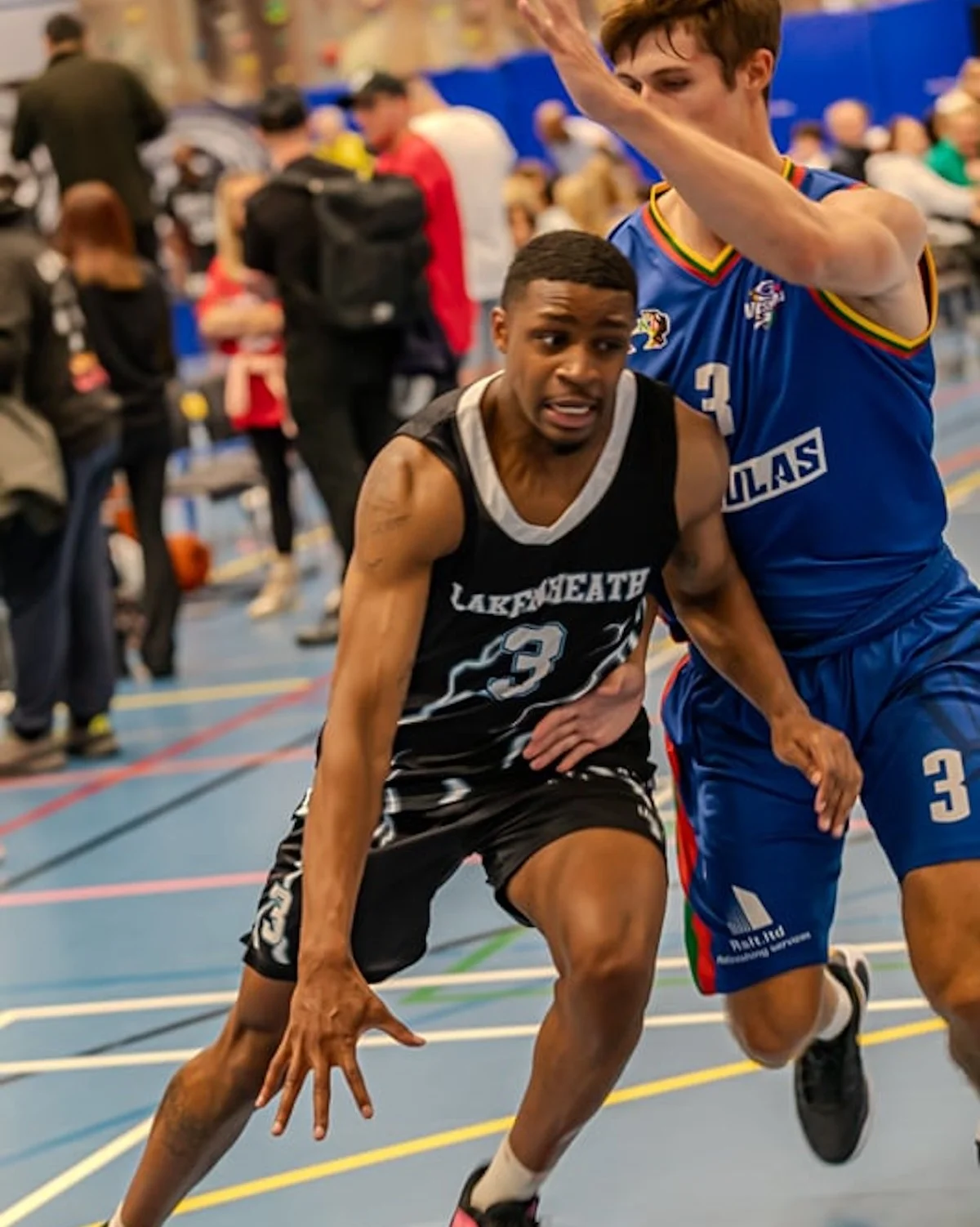Safeguarding Awareness Week: Day one - online safety
For sports organisations and activity providers, the role of safeguarding should continue into the digital world.
Using websites and social media platforms to promote your sport or organisation can have many benefits, such as encouraging a team ethos, sharing information or news to participants, listening to the voices of children and young people, and attracting new club members.
However, safeguards should be in place to keep young members and staff safe from harm because there are online safeguarding risks that you should be aware of including exposure to inappropriate content, online predators, cyberbullying, privacy risks and more.
Why is online safety important for sport?
According to the latest research from Loughborough University and the Child Protection in Sport Unit (CPSU), 33% of cases reported to national governing bodies of sport (NGBs) in 2022/23 involved online activity. In particular, 87% of non-contact sexual abuse cases occurred online.
It's increasingly important for sport and physical activity organisations to feel confident in supporting young people while also recognising and responding to these concerns.
Having safeguards in place helps protect children and young people from potential online risks whilst in your organisation's care.
So, what can you do as a club to help create a safer online environment within your setting?
- Social media: Create a clear and consistent tone for the content you post on your club's social media accounts. It needs to feel welcoming and accepting of all and have clear guidelines regarding acceptable use for staff, volunteers, parents, children, and young people
- Communication: There should be no one-to-one communication between an adult and a junior on social media (including WhatsApp and any other messaging platforms). Contact between adults/juniors should take place within groups or via parents and/or carers, guardians
What are you sharing on social media? This needs to be carefully considered to protect your members (children and adults).
Remind all club staff that they should NOT follow/friend/subscribe to juniors on social media, this includes following an U18 profile on Instagram.
- Code of Conduct: Ensure your code references online behaviour
- Using a sports team management app like Spond: Conduct a risk assessment specific to the application you are using. Ensure that only authorised staff have access to communication features and that no direct one-to-one communication takes place. You can often involve parents/carers within chat functions on sport management apps. You should promote the safety and security features in any application that you use (such as hiding the details and disabling any location services of children U18) and advise users of how to report a concern
- Messaging apps: Clubs need to think about how they use these apps alongside public pages and profiles and how the use differs from those on public platforms
Remember
- Messages should never be sent privately
- Any groups must have very clear rules, boundaries and guidelines regarding what is acceptable to be shared
- Any group should be monitored by at least two club representatives. It is best practice that your Club Welfare Officer is involved in chats to help spot any inappropriate content
- Clubs must be aware of the risk to young people by using apps such as WhatsApp due to privacy and encryption. These private messages could be used to bully or intimidate young people, expose them to inappropriate content, reveal personal data or groom them for abuse
- Remember you need consent to share photographs of people on your social media
Please be aware
Basketball England's safeguarding regulations and policy are clear that an example of poor practice would be engaging with U18s on personal social media platforms. All personnel should demonstrate exemplary behaviour to protect young people and to protect themselves from abuse. This includes working in an open environment (including within the digital world).
BE's social media policy states that coaches and staff should not be 'friends' with children on social media. Any person in a position of trust should remain acutely aware that even by following a child on social media leaves an impression of authority, especially if your role relates to selection, performance, national teams or regional work.
From 2025/2026 season we will be adopting a robust approach in response to any identification that an adult has any contact/interaction (including messaging, following, friending, subscribing) with a junior over social media. This will be considered a breach of safeguarding regulation 10.2.3 and will be dealt with via discipline proceedings.
Want to learn more?
We are excited to announce that we have invited a trainer who specialises in exploitation and vulnerability to provide a webinar on the topic of online safety in sport during our annual safeguarding awareness week.
Join us tonight, 19:00 on 15 September 2025 to hear more. Click the button to contact the Safeguarding team for the URL and password.
This session would be useful for anyone looking for further guidance on extending club safeguarding provisions digitally and, generally, for anyone looking for information relating to the ever changing and complex digital/online sphere.
The following topics will be covered:
- Sharing online good practice
- Guidance from BE
- The rise of AI
- Sextortion
- Practice tips
- ‘Influencers’ online and risks
- Who can help?

-290825112024.webp)

-031025093523.webp)
-021025144444.webp)
